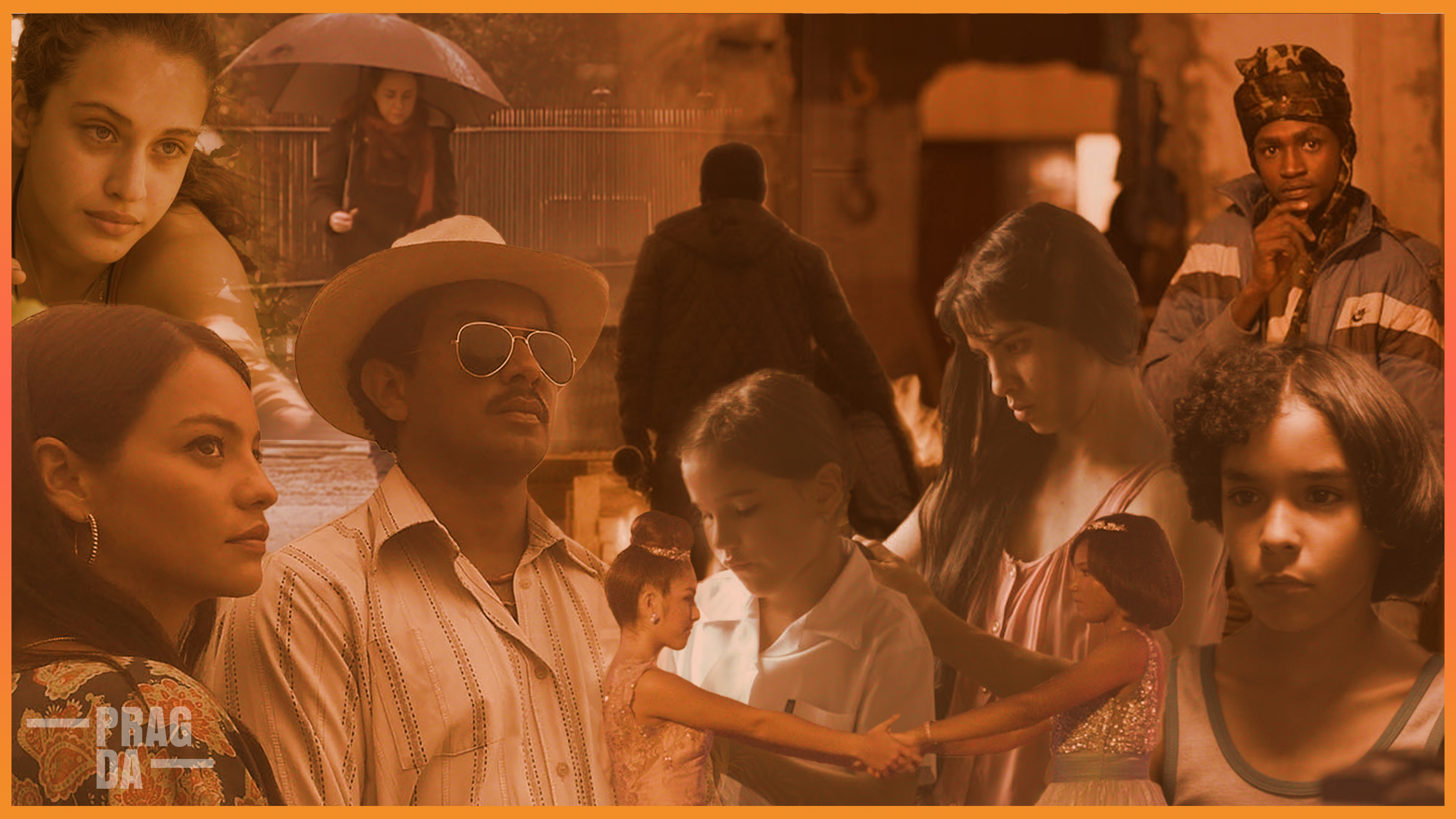National Hispanic Heritage Month: Women Filmmakers to Follow
Today's post is by guest writer Anna Cox from Pragda.
Living in a post-Roe v. Wade world has shifted our focus to bodies as we continue to debate reproductive rights. In addition to managing crises resulting from the Supreme Court’s decision, it is also important for the long run to create space for more women to tell their stories, not only about abortion. Diverse viewpoints that forego superficial rhetoric about bodies to instead delve deep into explorations of hearts and minds have great potential. This humanistic perspective shines through in films by Latin American and Spanish women filmmakers, a group with an array of backgrounds, storytelling methods, and stories to tell. Consider this list a good starting point. These are filmmakers to continue following for more heart-swelling and thought-provoking material in the future.
Nudo Mixteco

Filmmaker Ángeles Cruz grew up in the same Mixtec culture portrayed in this film. Narrated from the point of view of Mixtec women, three homecoming stories intersect to paint an in-depth portrait of rural indigenous life in Oaxaca, Mexico.
The Awakening of the Ants

Writer/director Antonella Sudasassi Furniss’ debut feature focuses on the small-town Costa Rican life that suffocates young housewife and mother Isa. Isa’s awakening to the possibilities of a life of her choosing is the central problem of the film.
Miriam Lies

Documentary filmmaker Natalia Cabral and her partner Oriol Estrada’s first dramatic feature about a quinceañera celebration in the Dominican Republic that evolves into a story about the effects of racial prejudice on a teen girl’s decisions.
Bad Hair

Award-winning director Mariana Rondón’s coming-of-age film about a nine-year-old boy obsessed with straightening his hair. His single mother struggles to provide for the family and desperately wants to protect her son from a homophobic world.
The Sleepwalkers

Argentina’s submission for Best Foreign Language Film for the 93rd Academy Awards. In Paula Hernández’s family reunion drama, tensions rise, turning a peaceful New Year holiday into a family crisis.
The Calm after the Storm

Director Mercedes Gaviria Jaramillo returns from study abroad to join her famous filmmaker father Victor Gaviria (The Rose Seller) in shooting his next film. A private diary, The Calm after the Storm questions women’s place in a film world full of men.
The Journey of Monalisa

In New York City, filmmaker Nicole Costa reconnects with a long-lost friend from her college days in Chile. The film explores performer Iván Monalisa’s daily life as an undocumented transgender immigrant–sex, drugs, and poetry in the Big Apple.
Birds of Passage

Colombia’s submission for Best Foreign Language Film for the 91st Academy Awards. Cristina Gallego and her partner Ciro Guerra’s thriller with anthropological value sheds light on the effects of Western influences on indigenous traditions, in this case the North American marijuana boom’s consequences for the Wayúu peoples of Colombia. Based on a true story.
In a Foreign Land

Icíar Bollaín (Even the Rain, Take My Eyes, The Olive Tree), Spain’s highest-profile female director, documents the diaspora of young Spanish professionals following the global financial crisis of 2008.
Drowning Letters

Renowned documentarian Paula Palacios provides unprecedented access to the current migration crisis, taking us aboard rescue ships attempting to save hundreds of lives at a time in international waters.
Anna Cox supports Latinx, Latin American, and Spanish filmmakers and film scholars in creating more inclusive communities through cinema in the U.S. and around the world. She is currently promoting Pragda’s Spanish Film Club, a grant program to bring new films from these cultures to college campuses. For more information, visit www.spanishfilmclub.com



